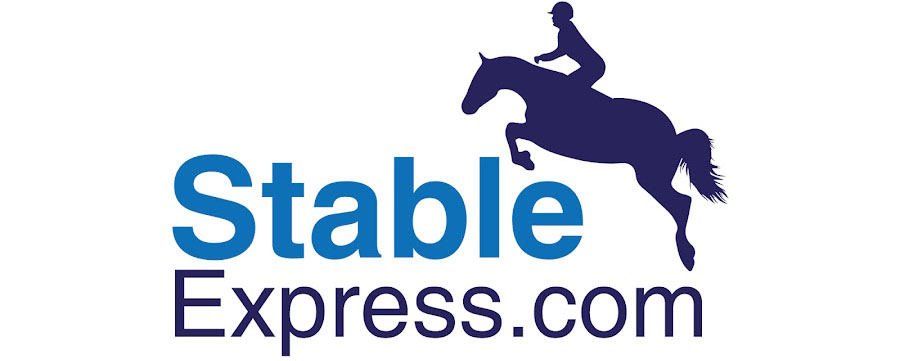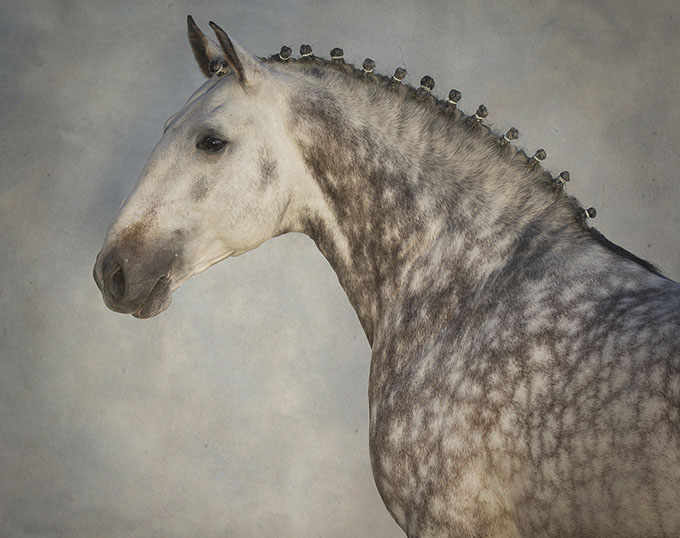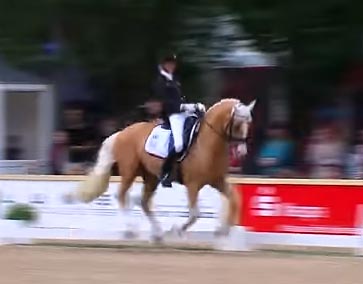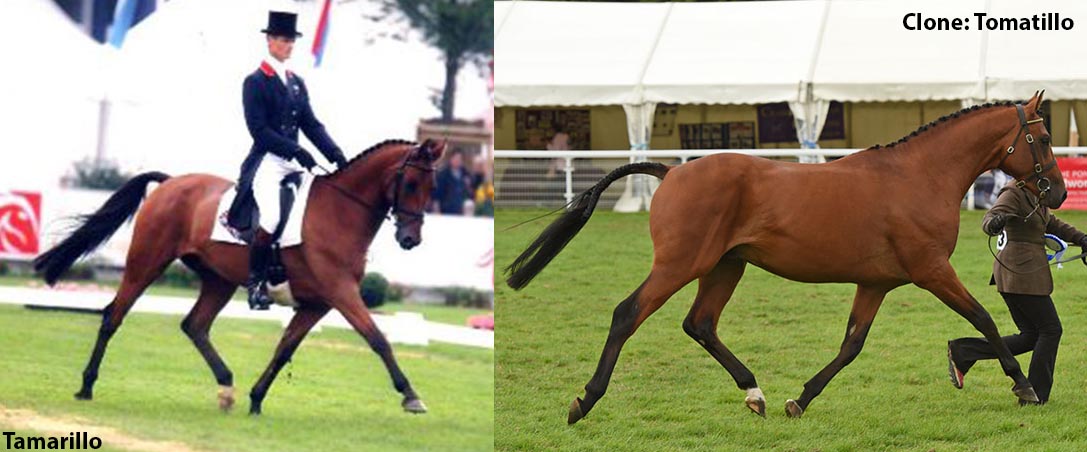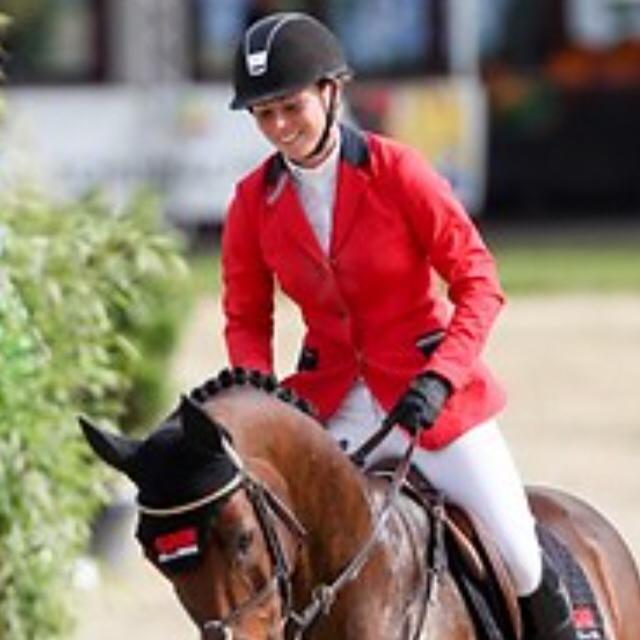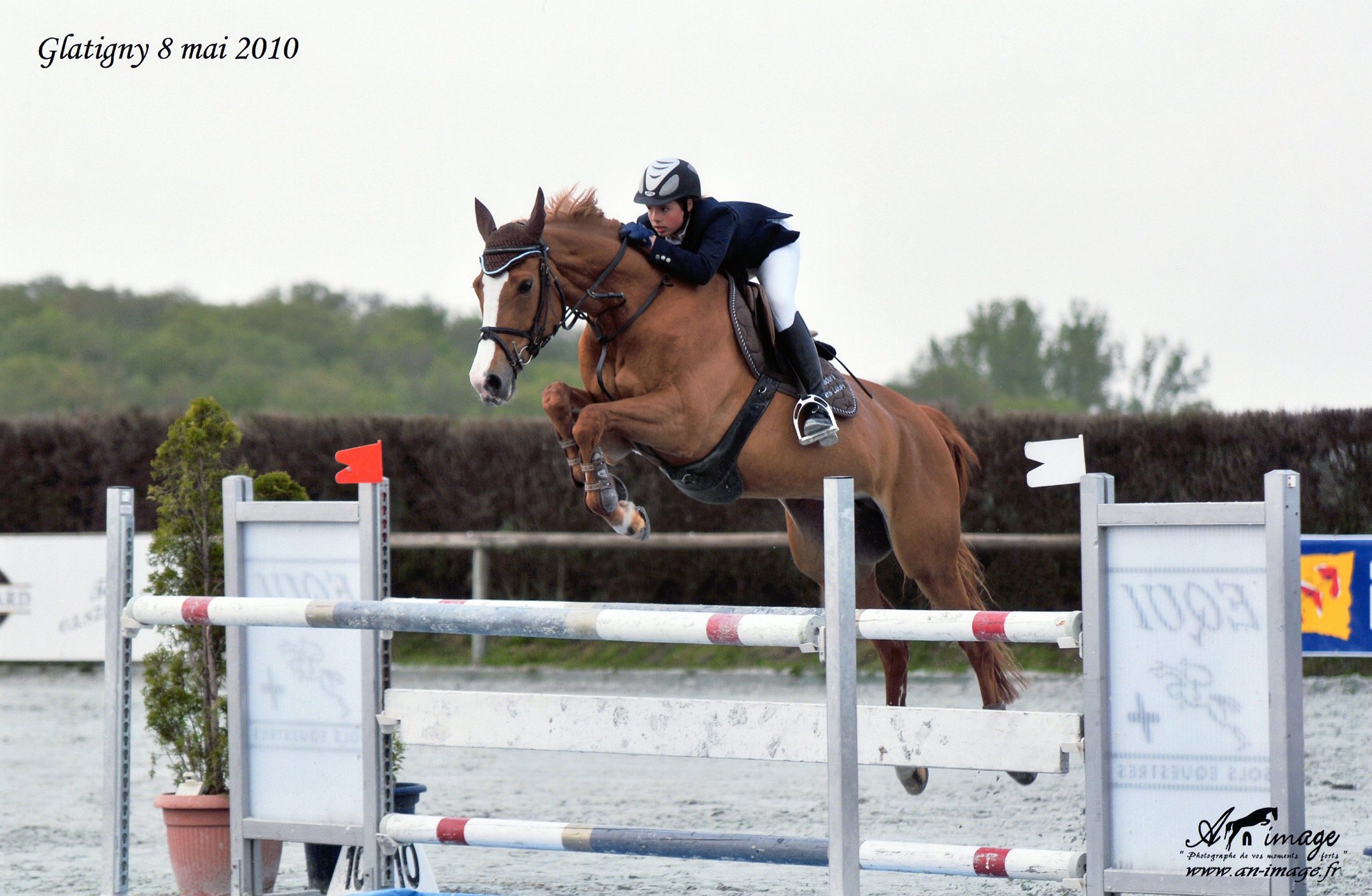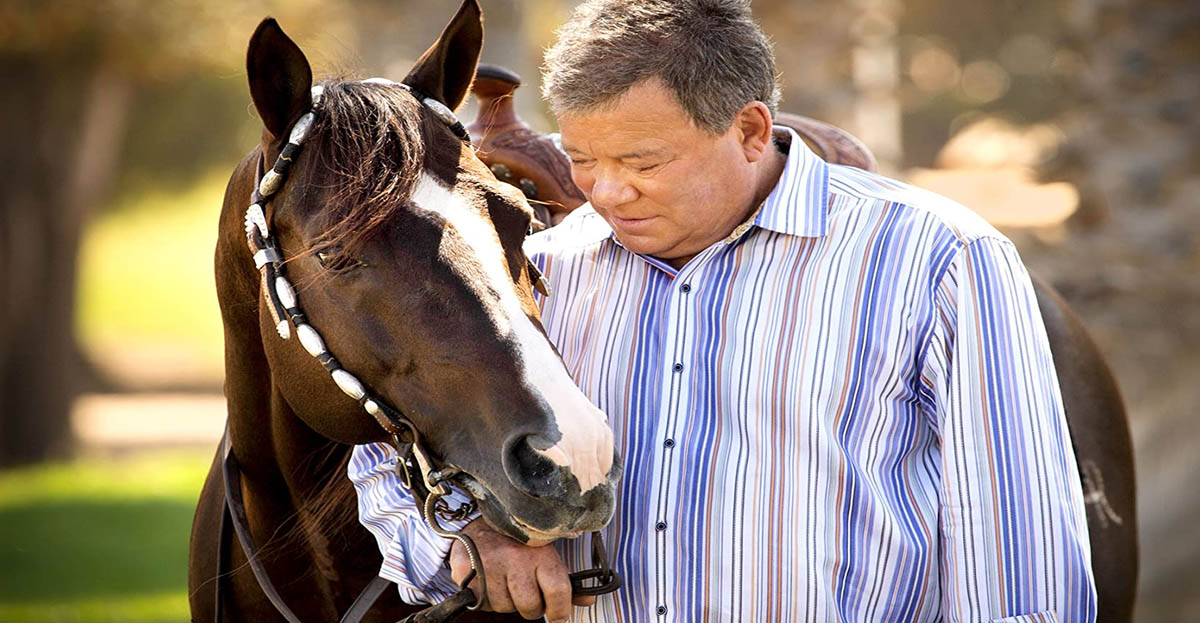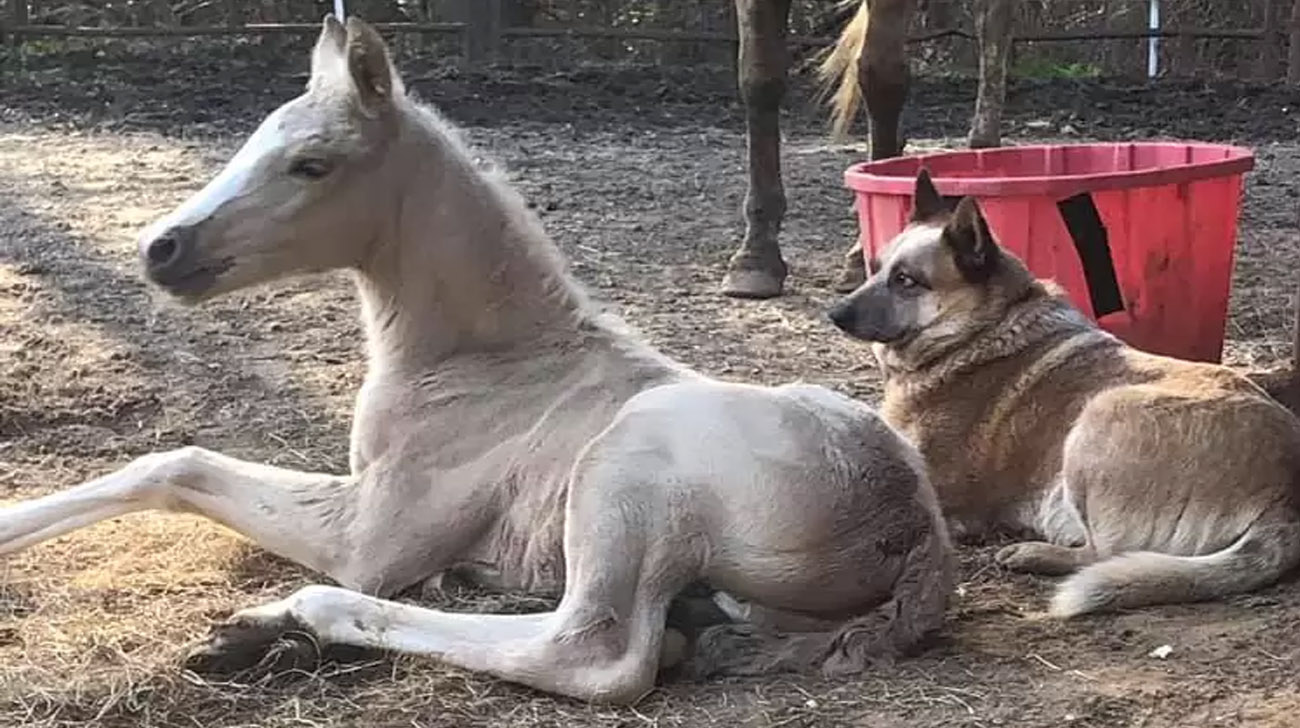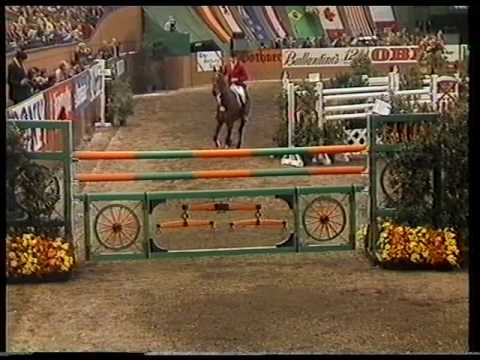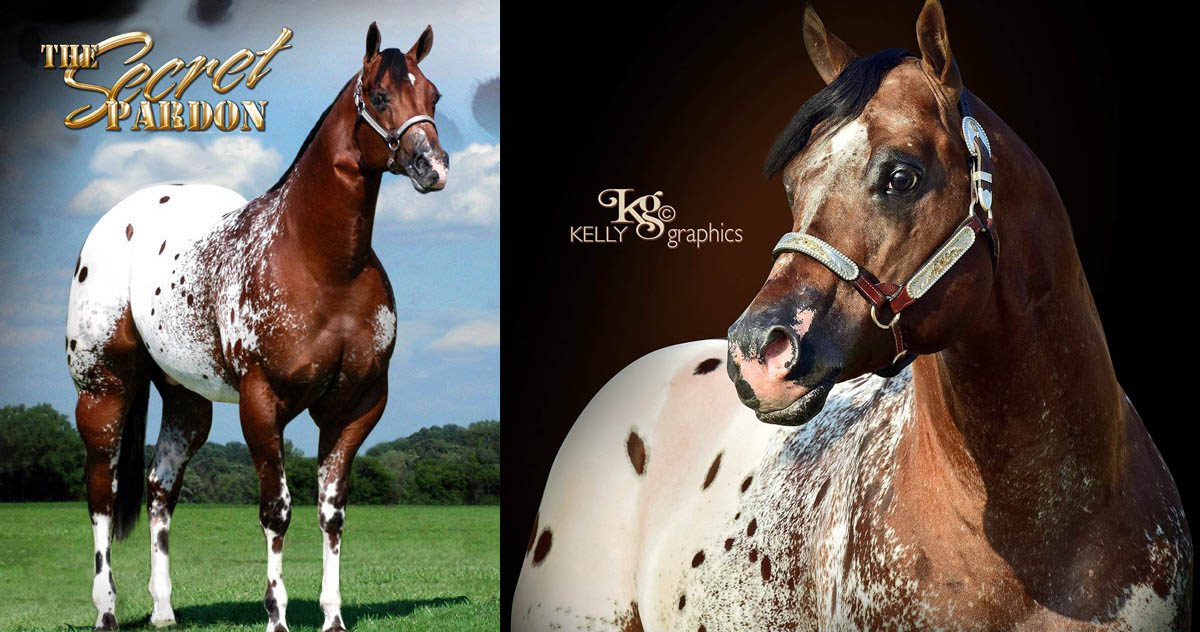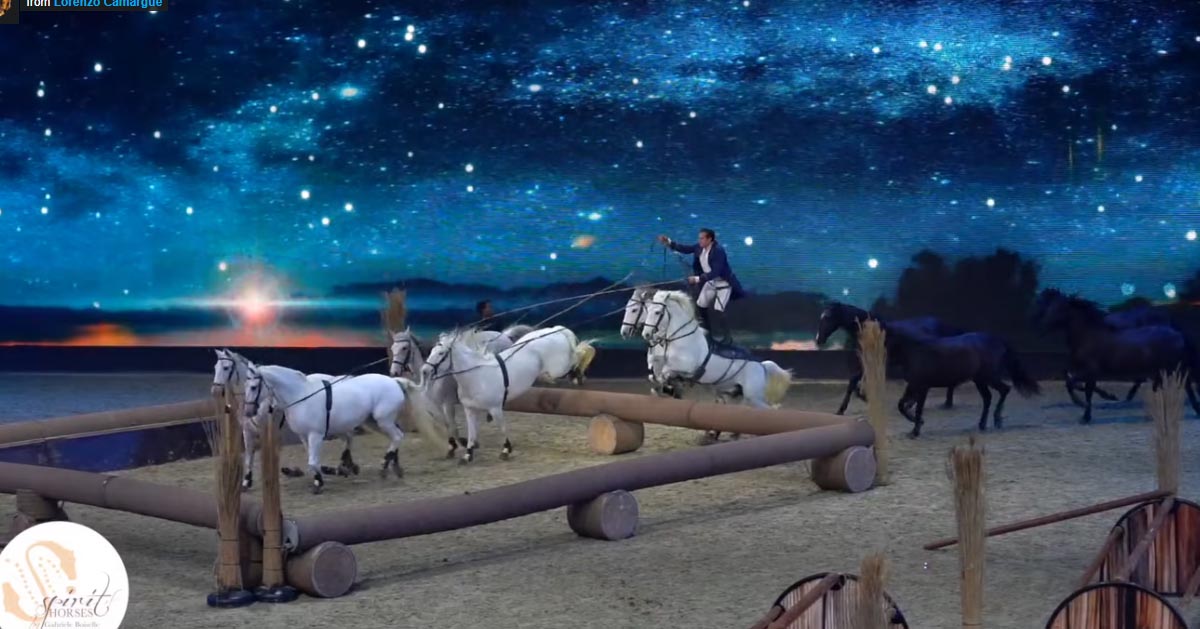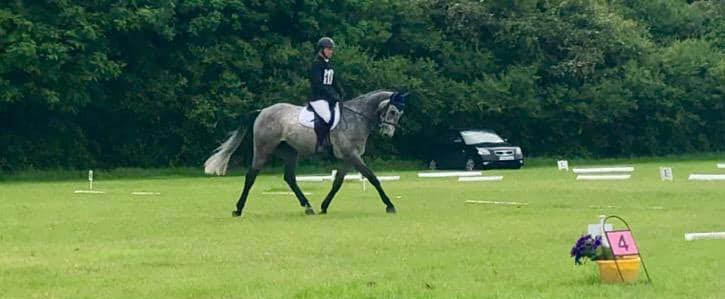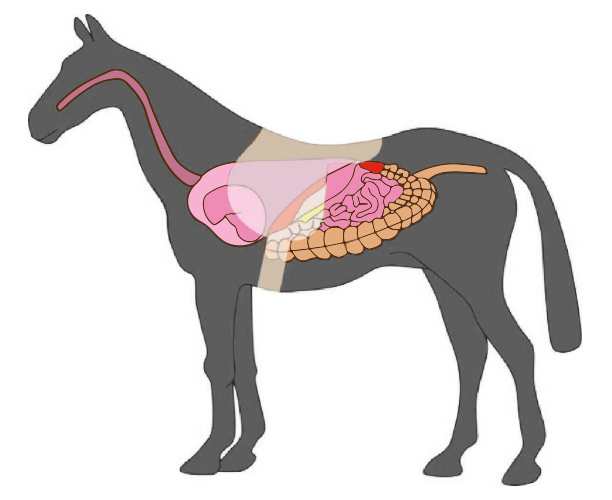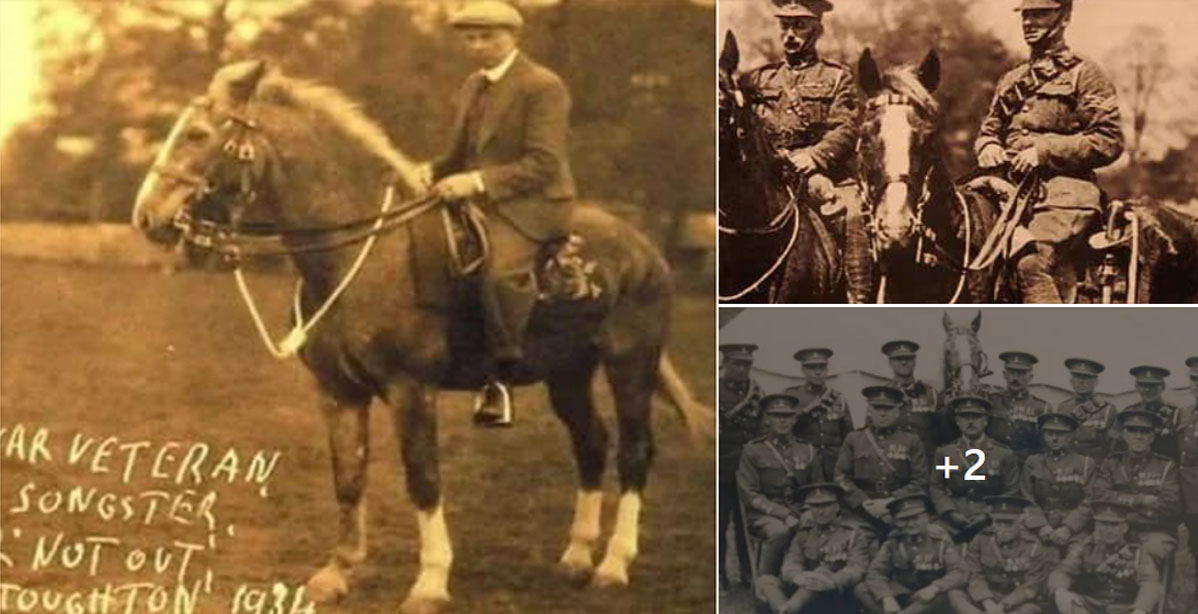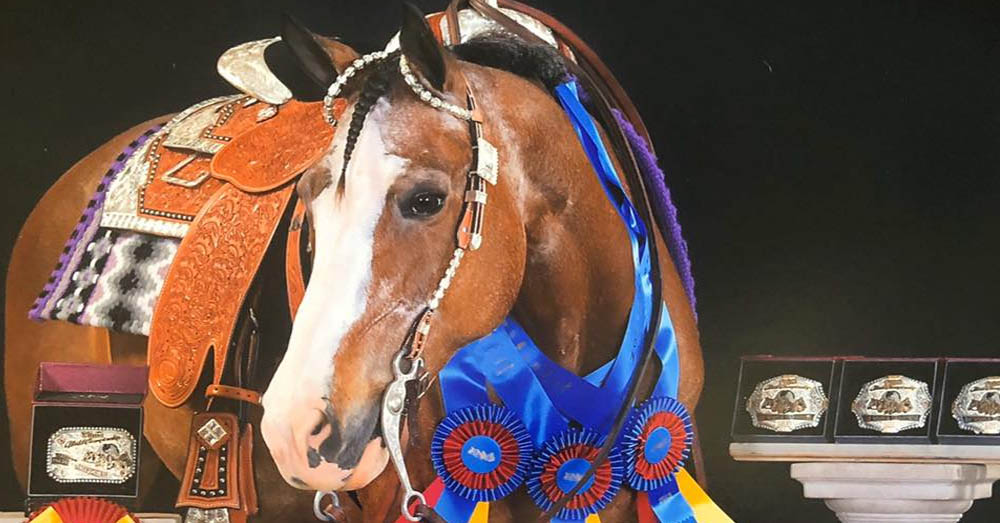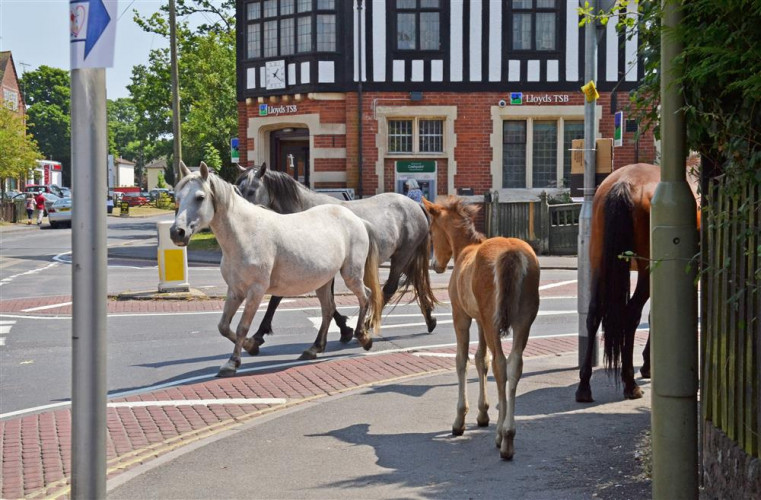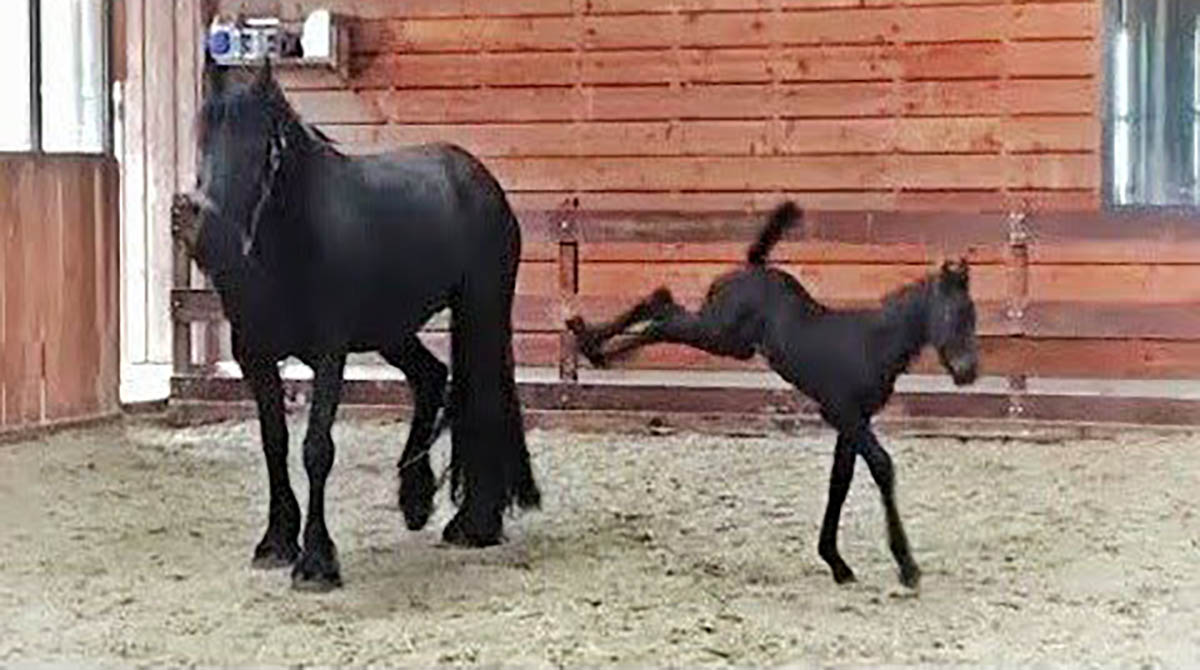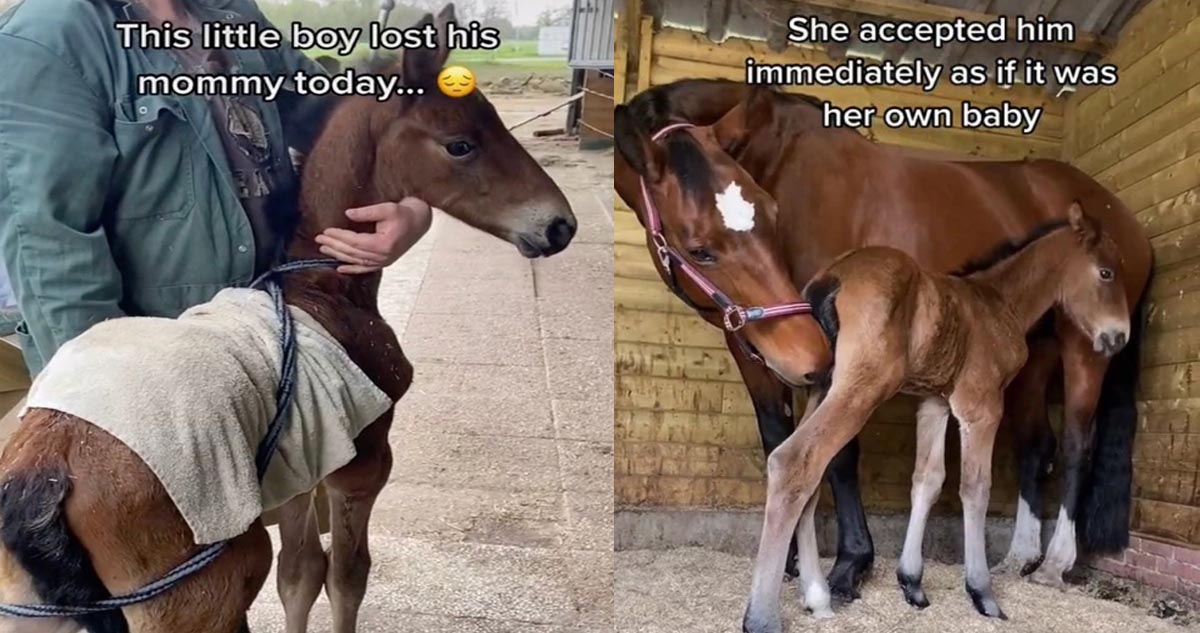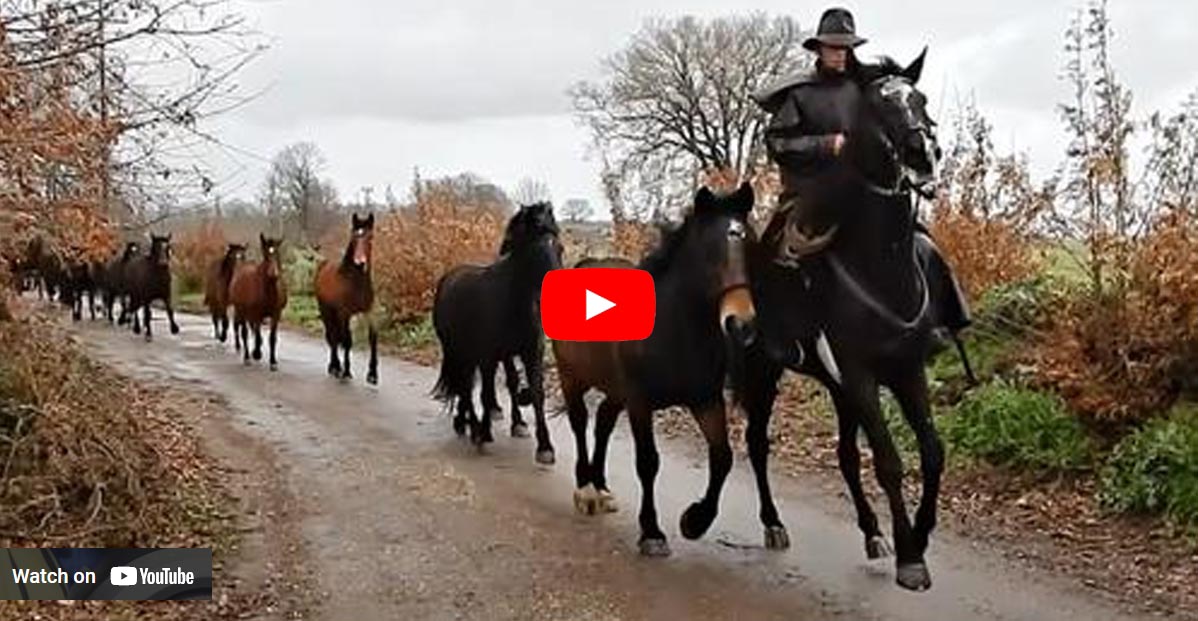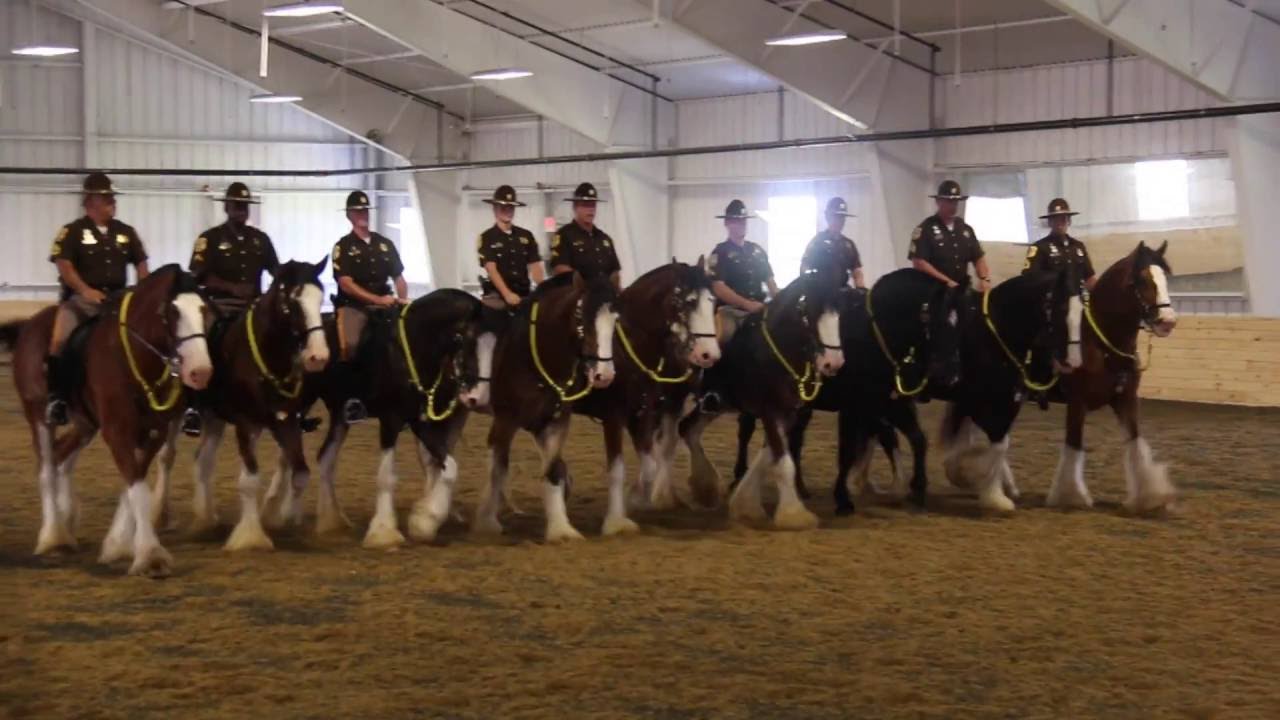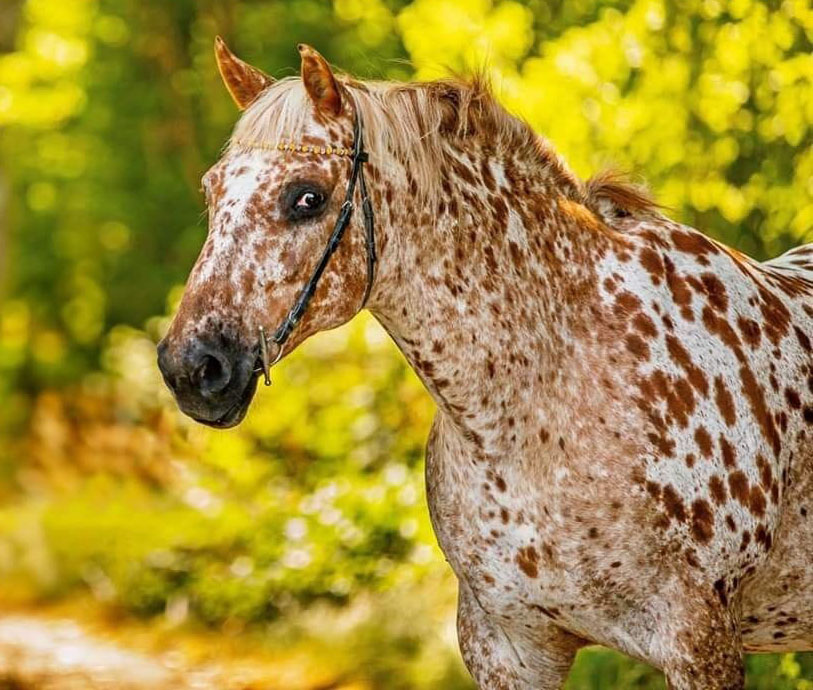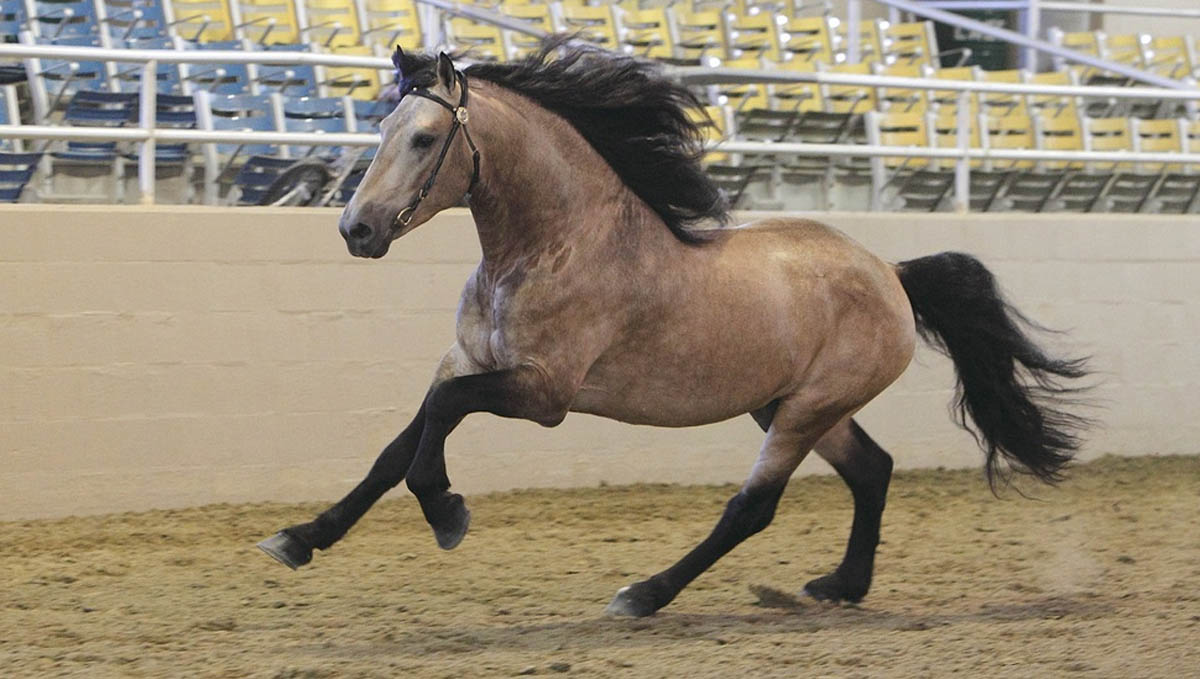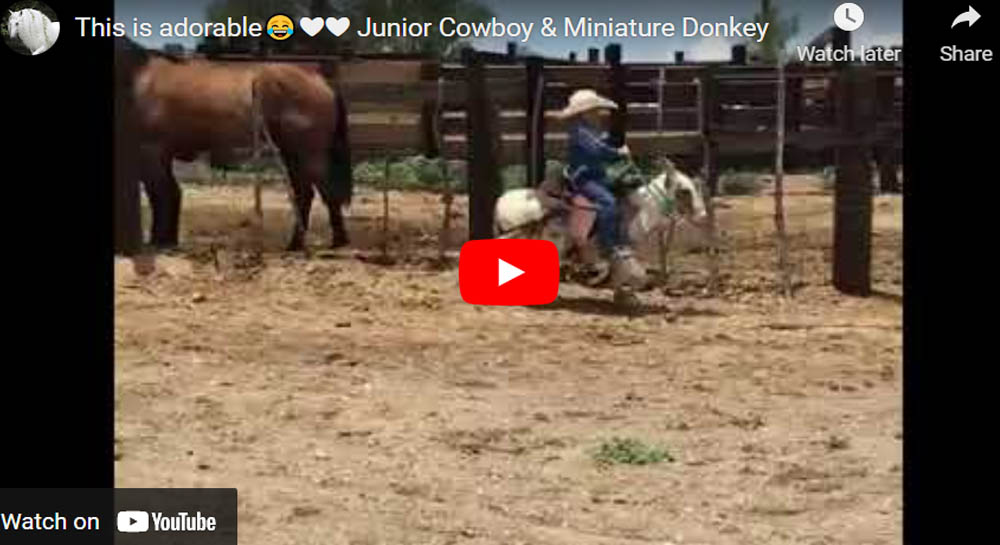What To Do If Your Horse Has Colic
If you are a horse owner It`s important to understand exactly what colic is and how to recognize it before we delve into what to actually do should you find yourself in that situation.
As you probably know, horses cannot throw up, and therefore any indigestion they may have results in colic - essentially an upset stomach. If a horse has colic they`ll probably be rolling around on the ground, pawing, bloating, sweating, distress or odd postures.
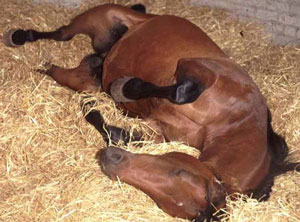
There are many different types of colic, but regardless what you should do in a colic situation is more or less the same.
Call for the Vet
When you discover your horse has colic this is the first and foremost thing you should do. Should you not be able to get the colic under control yourself, you should have a back up and even if you can, you would much rather be safe with your horses` well being than negligent.
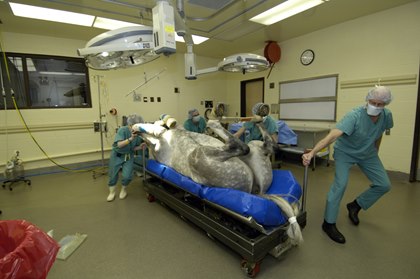
Motion
The most important thing for a colicky horse is movement if they`re calm enough. Some colic can be relieved through bouncing or just general walking or a bit of trotting. It`s important not to tire the horse out, just see if you can get them moving a little. If they start to feel a bit better, it could be time to offer a bit of food or water and they may improve quickly after this.
Trailer Ride
Not just physical moving motion can help colic, but sometimes a short, slightly bumper trailer ride can relieve the colic a bit. If the horse is happy with a trailer and is relatively calm, this can be a great avenue to try. However, safety is important first and foremost, so do not do this if your horse is any distressed state, as they may end up injuring themselves in the close quarters of the trailer.
Painkillers
You should never medicate your horse on your own unless you`re a vet, but if the colic doesn`t improve through bouncing or motion, it may be time for the vet to give them some painkillers such as banamine. This can help alleviate the pain the horse is feeling if nothing else is working.
IV Fluids
When a horse has colic, the reason is usually feed, and a sick horse is unlikely to drink any water, as a result they can become dehydrated. If your horse won`t drink, inquire to the vet about IV fluids to make sure they`re getting what they need.
Colic can be stressful for both horse and human, but if you know how to handle it calmly, it`s a crisis that can be quickly averted. Most horses will get colic at one point or another, so knowing what to do can make a huge difference to your horses` health and your mental health.
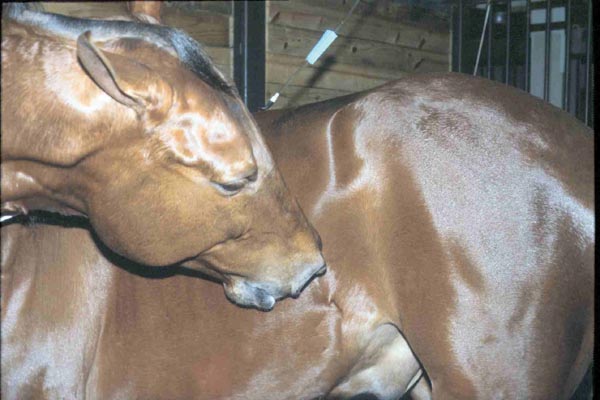

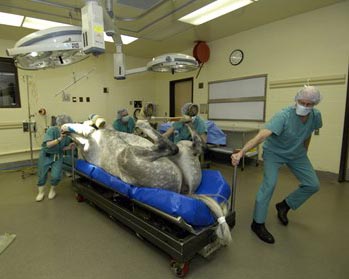
As you probably know, horses cannot throw up, and therefore any indigestion they may have results in colic - essentially an upset stomach. If a horse has colic they`ll probably be rolling around on the ground, pawing, bloating, sweating, distress or odd postures.

There are many different types of colic, but regardless what you should do in a colic situation is more or less the same.
Call for the Vet
When you discover your horse has colic this is the first and foremost thing you should do. Should you not be able to get the colic under control yourself, you should have a back up and even if you can, you would much rather be safe with your horses` well being than negligent.

Motion
The most important thing for a colicky horse is movement if they`re calm enough. Some colic can be relieved through bouncing or just general walking or a bit of trotting. It`s important not to tire the horse out, just see if you can get them moving a little. If they start to feel a bit better, it could be time to offer a bit of food or water and they may improve quickly after this.
Trailer Ride
Not just physical moving motion can help colic, but sometimes a short, slightly bumper trailer ride can relieve the colic a bit. If the horse is happy with a trailer and is relatively calm, this can be a great avenue to try. However, safety is important first and foremost, so do not do this if your horse is any distressed state, as they may end up injuring themselves in the close quarters of the trailer.
Painkillers
You should never medicate your horse on your own unless you`re a vet, but if the colic doesn`t improve through bouncing or motion, it may be time for the vet to give them some painkillers such as banamine. This can help alleviate the pain the horse is feeling if nothing else is working.
IV Fluids
When a horse has colic, the reason is usually feed, and a sick horse is unlikely to drink any water, as a result they can become dehydrated. If your horse won`t drink, inquire to the vet about IV fluids to make sure they`re getting what they need.
Colic can be stressful for both horse and human, but if you know how to handle it calmly, it`s a crisis that can be quickly averted. Most horses will get colic at one point or another, so knowing what to do can make a huge difference to your horses` health and your mental health.



